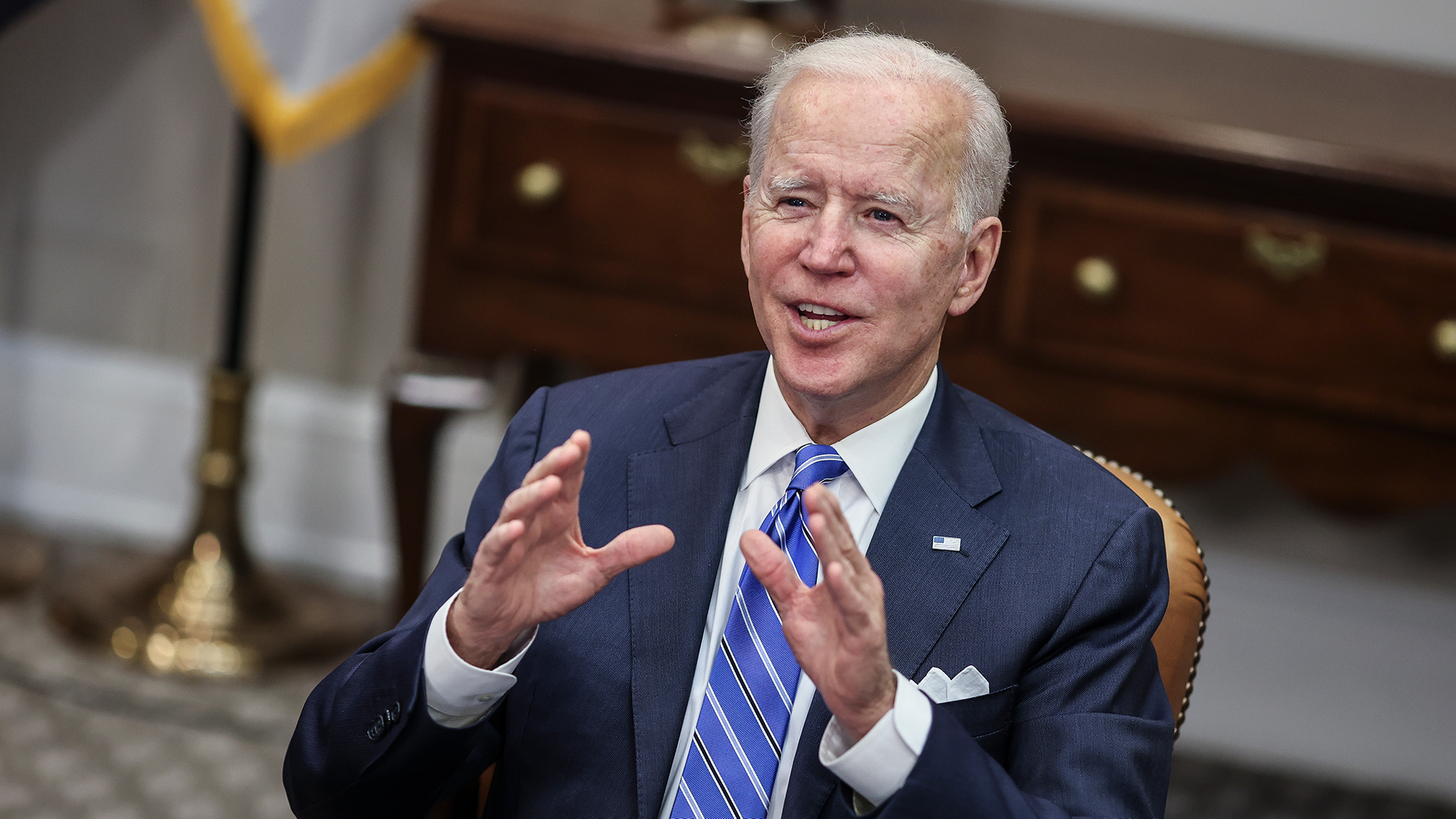White House Backs Online Political Ad Disclosures
Familiar bill would also beef up reporting on television and radio spots

The smarter way to stay on top of the multichannel video marketplace. Sign up below.
You are now subscribed
Your newsletter sign-up was successful
The Biden White House has put its muscle behind HR 1, a bill that would extend political ad disclosures to online advertisements on the largest digital platforms, beef up content disclosures for political spots and other content on television and make existing disclosures more prominent.
The bill — the first of the new session, as its name suggests — was introduced Jan. 4 and passed the House earlier this month. It will be a tough sell in the Senate. Republicans are likely to filibuster it, but the filibuster is also in jeopardy, as Democrats contemplate getting rid of, or at least modifying, the procedure that allows a single senator to delay passage of a bill. If so, the bill could and likely would return following that move.
Democrats have long tried to legislate enhanced disclosures in response to the Citizens United Supreme Court decision extending speech protections to corporate political ad expenditures. But they also upheld regulations on electioneering communications, including the disclosure requirements, saying that was a tool to ensure voters were making informed decisions about all that protected political speech resulting from the High Court’s elimination of the ban on corporate funding of TV and radio ads.
Also Read: WiFi Could Finally Get Its Economic Due
A previous incarnation of the bill did not get any love from the prior Trump administration, or Republicans in general, and failed to get sufficient support from Democrats. But the Jan. 6 Capitol insurrection, and the election-fraud claims that helped spark it, have added fuel for campaign reform. It also helps that the Democrats are in control of the White House, House and Senate.
“The administration supports House passage of HR 1, the For the People Act of 2021,” said the Office of Management and Budget in an official statement of White House policy. “In the wake of an unprecedented assault on our democracy, a never before seen effort to ignore, undermine, and undo the will of the people, and a newly aggressive attack on voting rights taking place right now all across the country, this landmark legislation is urgently needed to protect the right to vote and the integrity of our elections, and to repair and strengthen American democracy.”
In addition to curtailing gerrymandering and boosting voting rights protections, the bill would reform the campaign finance system to “amplify the voices of the public, not the powerful.”
The smarter way to stay on top of the multichannel video marketplace. Sign up below.
Among other things, the bill would change the language that applies to “radio” to “audio,” meaning online audio as well as broadcast, and change references to “television” to “video format,” which would incorporate streaming.
The bill would mandate that online platforms maintain files of political ads for public inspection, as broadcasters are currently required to do, and that those buying the ad time provide the requisite information for the file, which includes a digital copy of the ad, a description of the target audience, the average rate charged for the ad, the name of the candidate and the office they are seeking, as well as the election to which the ad refers. The file would have to be retained for at least four years.
For a candidate ad, it must include the name of the candidate, the authorized committee and the committee treasurer.
“Online platform” is defined as “any public-facing website, web application, or digital application (including a social network, ad network or search engine).” But it only pertains to those platforms with “50,000,000 or more unique monthly United States visitors or users for a majority of months during the preceding 12 months,” which would include YouTube, Facebook, Twitter and Amazon.
The bill would also require broadcast, cable and online platforms to make “reasonable efforts” to ensure political ads are not purchased by foreign nationals, directly or indirectly.
In the interests of giving the public more tools to combat election disinformation, the bill would require the Federal Election Commission to conduct a study on “media literacy with respect to online political content consumption among voting-age Americans,” including recommendations for improving critical skills when it comes to consuming political content in general, and online political content in particular.
Contributing editor John Eggerton has been an editor and/or writer on media regulation, legislation and policy for over four decades, including covering the FCC, FTC, Congress, the major media trade associations, and the federal courts. In addition to Multichannel News and Broadcasting + Cable, his work has appeared in Radio World, TV Technology, TV Fax, This Week in Consumer Electronics, Variety and the Encyclopedia Britannica.

